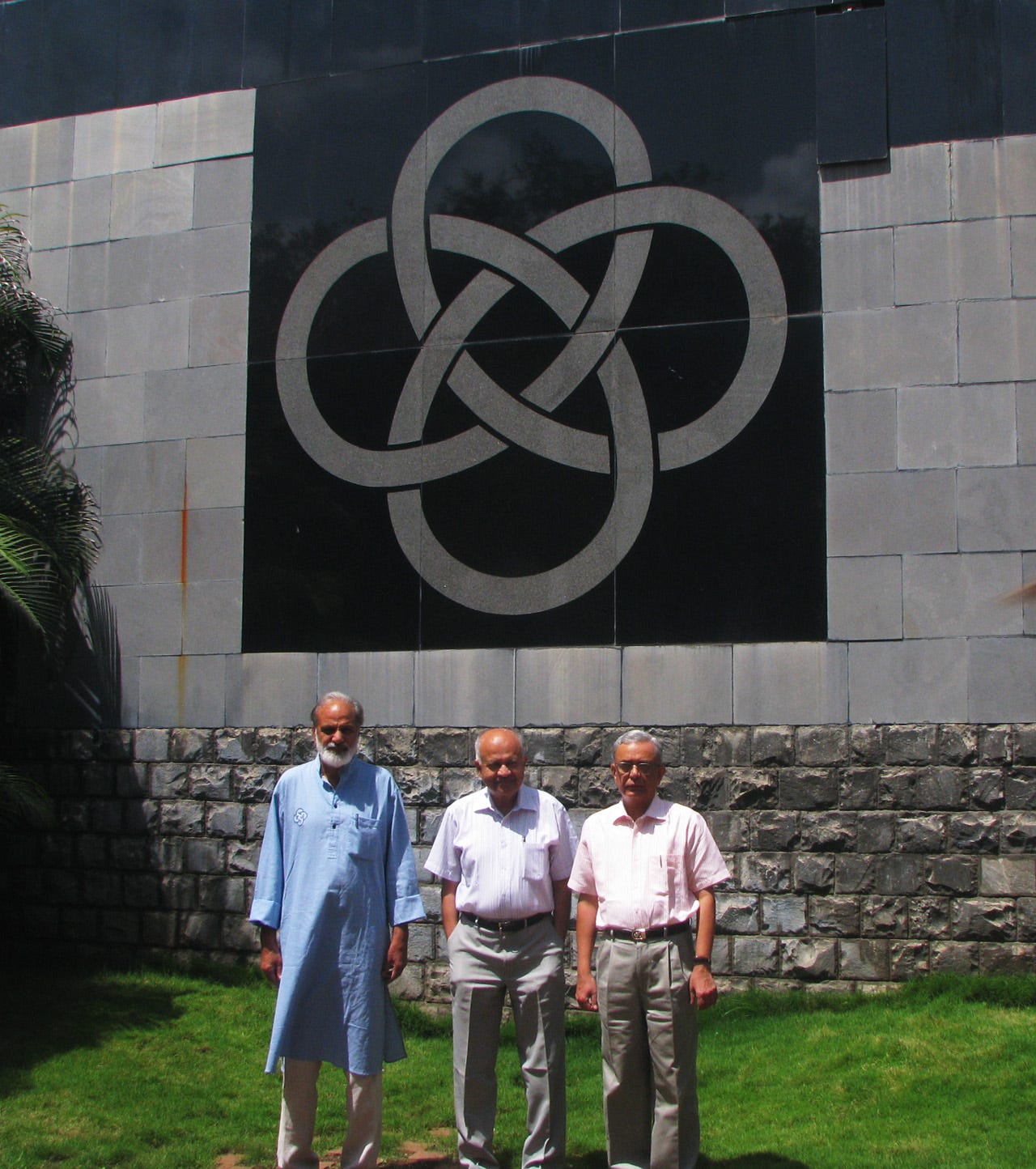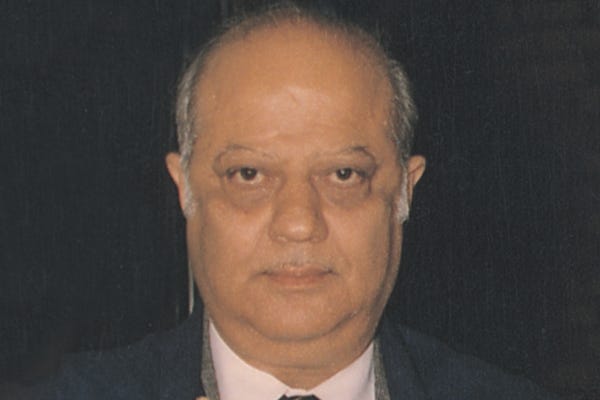The Story of IUCAA, part 6: Rules and Bye-laws
Finding the right balance: Administrative support for scientific freedom
The IUCAA rules and bye-laws were formulated in 1988, and we were fortunate to have enlightened senior bureaucrats to advise us. Indeed, I have pleasant recollections of discussions with the UGC Secretary Sudarshan Khanna and his junior colleague Mehta. Once, the latter even advised me, “Sir, if you have a procedural query special to your field, please go ahead and take your own decision. It will set the norm. If you ask us, we may not be able to advise you properly”.
It is here that the senior administrative staff of a scientific institution has the opportunity to show its mettle. The purpose of the administration is not ‘to rule’ but to create an environment in which the scientific pursuits of the institution can be carried out smoothly. The rules and bye-laws are never written in a great deal of detail. Even the clarifying guidelines are often vague enough to allow some flexibility. The administrative staff must see how one can operate within the available flexibility to successfully proceed with the proposed scientific project. Rather than dismiss a proposal by saying, ‘it can’t be done as per allowed guidelines,’ the administrator has to find alternative ways of achieving the desired end within the allowed guidelines. Recall that the dictionary meaning of the word ‘administer’ is ‘to dispense, supply, give, etc..’ Thus, the administrator has to be supportive rather than obstructive.
One important addition I made to the statutes of IUCAA was that of the Scientific Advisory Committee (SAC-IUCAA). This committee comprises distinguished scientists, five from within India and three from abroad. It is supposed to visit IUCAA once every 2-3 years and evaluate its overall scientific performance. It can suggest new programmes, recommend discontinuing old ones, acquire new facilities, etc. This outside evaluation has proved very beneficial to IUCAA in planning its scientific programmes.
However, ultimately, it is the Director, or the Head of the institution, who must practise full autonomy and take the crucial steps to really ‘direct’ the institution along its proposed path. Often, one hears of complaints of lack of autonomy, whereas the real complaint can be traced to an unwillingness to practise the autonomy that is already available. Many universities suffer because their VCs have willingly surrendered their powers to the bureaucrats within the university or those in the government. The fact that the university registrar often becomes the centre of power is an ample indication of the misplaced priorities between the academic vs administrative battles. If the university has been created to nurture and disseminate knowledge rather than encourage the growth of political centres of power, then academics must have priority over administration. Homi Bhabha made a great contribution by underlining this premise in the institutions he created.



